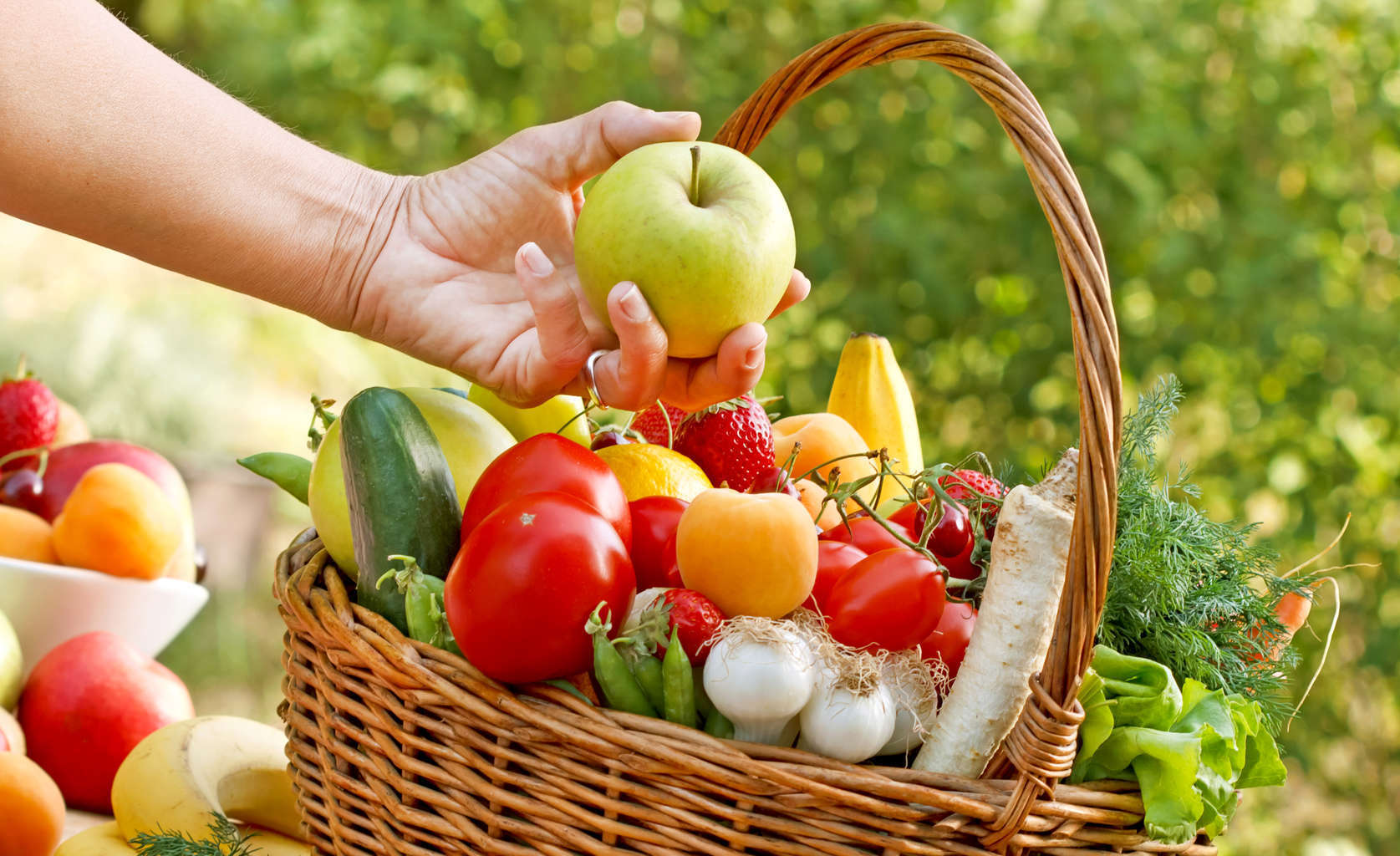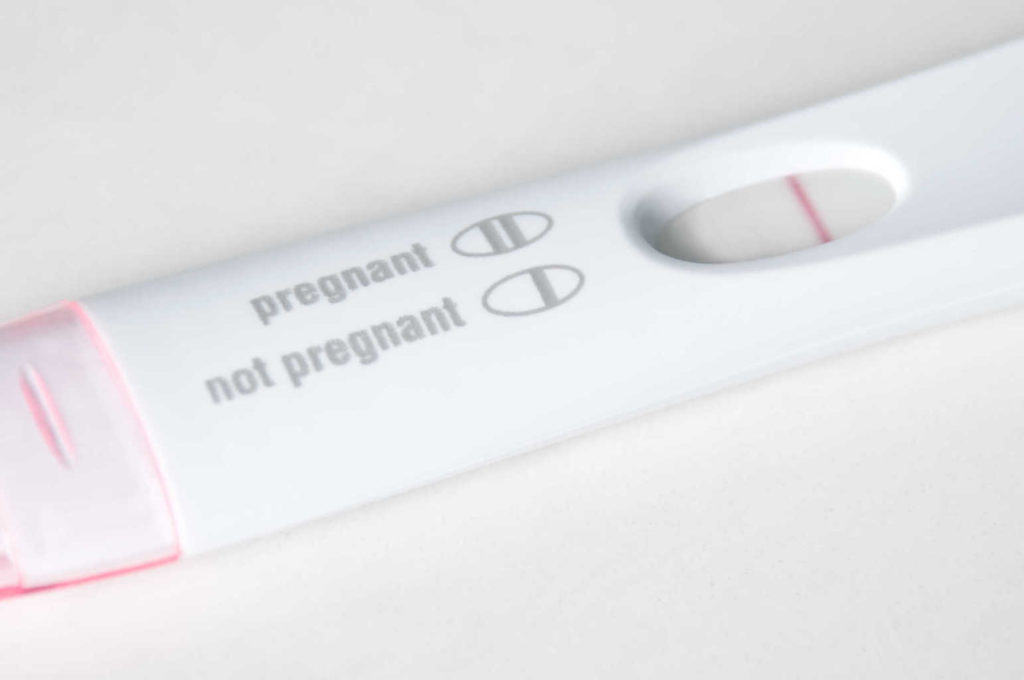Contents:
Medical Video: When to Buy Organic Food for Your Child
The choice of nutrients you make for your children is very important and will have an impact on health and good habits in the future. If you've heard of the benefits of organic food, you might be wondering whether organic food is worth the extra costs you incur, especially if your funds are limited.
Consuming fruits, vegetables, low-fat meat, whole grains, and low or fat-free dairy products that grow organically or not are the most important things for your child.
Organic food does have a lower pesticide level. This may be important for your child, because children are more susceptible to chemicals, but there is no scientific evidence to know whether the differences can affect a person's health during his life.
Organic and conventional foods (non-organic) both have vitamins, minerals, antioxidants, proteins, lipids, and other nutrients that are important for children's health. If your funds are limited, don't buy more expensive organic choices if this choice will reduce your family's overall healthy food intake. It's better for your children if they consume five servings of non-organic fresh produce compared to one serving of organic vegetables a day.
Organic milk is not a healthier choice for your children compared to ordinary milk, but you have to make sure all the milk they buy has been pasteurized.
The long-term health benefits of organic products are still under debate, but at this time keep your eyes and ears open for the emergence of new information, so you can make the best choices later.
No matter how big your funds are, you can give your children the best by making sure they get at least five servings of fruits and vegetables every day.












